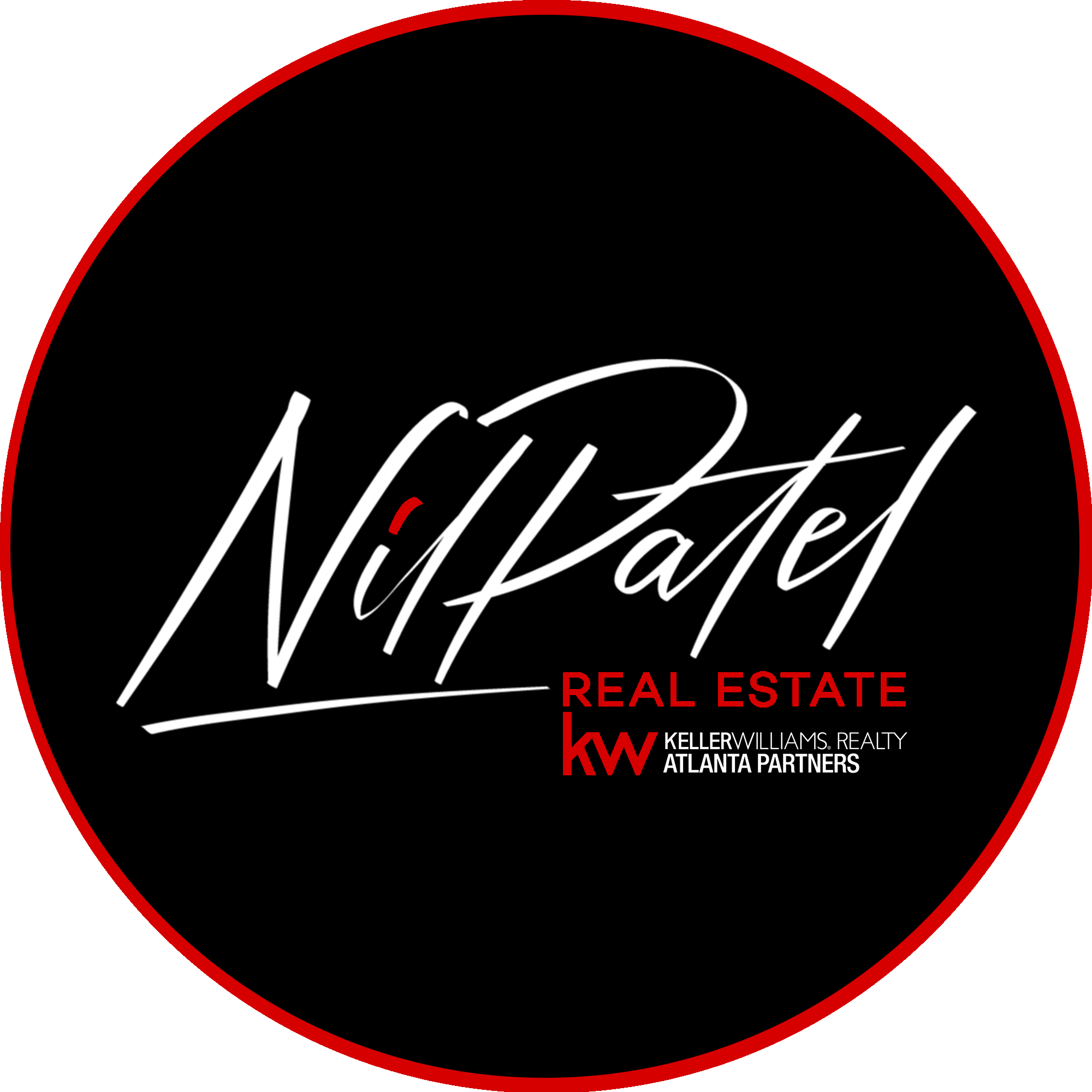Few situations are as heart-wrenching for families as the threat of losing their home. Your home is more than just a structure; it’s where memories are made and cherished. However, when faced with financial difficulties, the shadow of foreclosure can loom large.
For families in Georgia grappling with the possibility of foreclosure, the emotional toll can be overwhelming. Adding to the distress, the foreclosure process can be lengthy, often dragging on for months or even years, prolonging the agony.
The good news is that in Georgia, you’re not without options. In fact, there are several legal strategies available to help you prevent foreclosure in Atlanta Metro. These strategies are designed to address your foreclosure concerns, allowing you to move forward with your life.
This blog post will explore three such strategies to avoid foreclosure. While there are additional methods, these three are aimed at helping you navigate away from foreclosure legally and ethically, easing the stress and frustration you’re experiencing, and reducing any potential long-term financial burdens. While not every strategy will be suitable for every situation, it’s likely that at least one of these will resonate with your circumstances.
Strategy #1: Work out a deal with your lender
The “foreclosure workout” is a proactive approach to mortgage difficulties. In this strategy, homeowners engage in discussions with their lenders, explaining that while they are currently unable to meet their mortgage obligations, they are eager to find a solution that allows them to retain their home and continue making payments.
Dispelling a common myth, lenders are actually averse to foreclosure. Their preference leans towards clients who consistently pay their mortgages. Therefore, they are typically open to negotiating terms that benefit both parties. Possible outcomes of such negotiations can include a temporary pause on mortgage payments, a catch-up plan to distribute overdue payments over time, or even a restructuring of the total debt owed.
Strategy #2. Bankruptcy
Declaring bankruptcy might feel like a drastic step, but it’s actually a strategic option in your arsenal against foreclosure. By filing for bankruptcy, you’re essentially signaling to your creditors that you’re unable to meet your financial obligations. This act immediately halts the foreclosure process since it requires all creditors to cease their collection efforts.
However, bankruptcy is indeed a serious move: it could necessitate liquidating some of your assets to settle debts with creditors. Moreover, a bankruptcy notation will linger on your credit report for a considerable time, potentially affecting various aspects of your life, from securing loans to purchasing a vehicle, and it may even influence your employment opportunities. Therefore, it’s wise to consider it as a last resort rather than a primary solution.
Strategy #3. Short sale help for a foreclosure in Atlanta Metro
A short sale emerges as the third strategy in the face of foreclosure. This approach involves selling your property and applying the sale proceeds to your mortgage debt. Many opt for a short sale as it’s a proactive, swift, and effective solution to foreclosure risks.
Being proactive means you’re taking control of the situation, which is a significant stress reliever since the overwhelming stress often stems from the feeling of helplessness during foreclosure. The process is also quick—sometimes, you can finalize a sale in just a week, especially with local assistance. In Atlanta Metro, for instance, entities like Nil Patel Real Estate at Keller Williams Realty specialize in aiding homeowners through short sales.
The effectiveness of a short sale lies in its potential to eliminate or substantially reduce your mortgage debt. Should any deficit remain post-sale, you would be liable for it, though negotiations with your lender might be possible.
While a short sale does mean you’ll have to move out, it’s a silver lining compared to other options. The impact on your credit score is significantly less severe than that of bankruptcy or foreclosure, making it a strategic move for safeguarding your long-term financial health.

